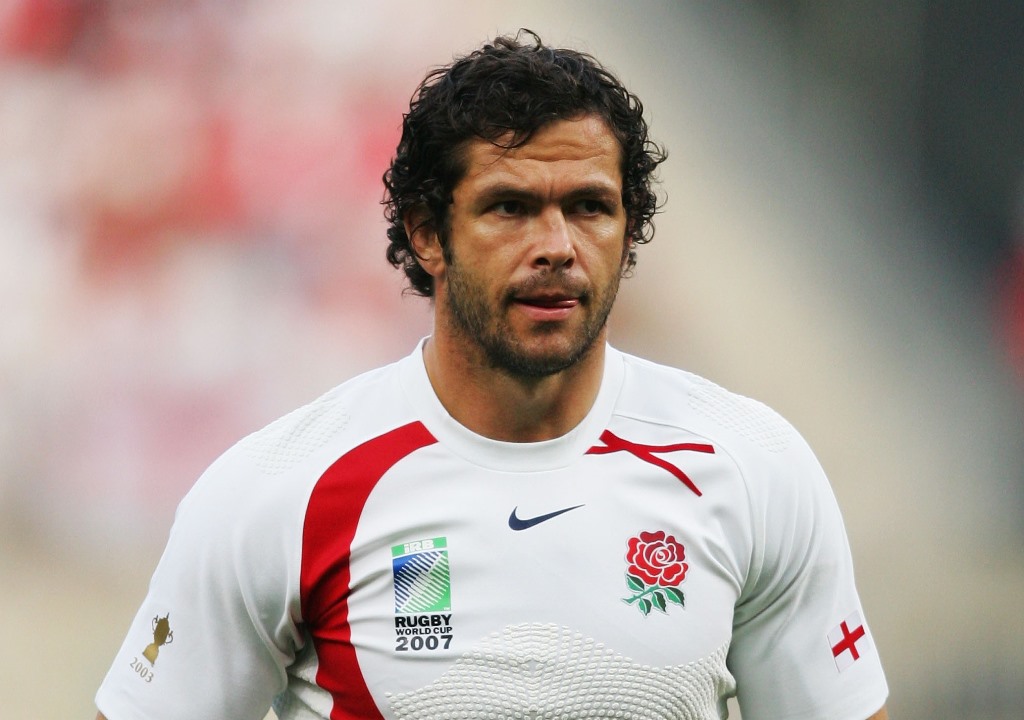Jackson column: Wigan still leaving their mark on rugby union

Generated by IJG JPEG Library
By Peter Jackson
Wigan won the Rugby League Challenge Cup final at Wembley for the eighth time in a row on Saturday April 29, 1995. Four months later Rugby Union embraced professionalism on a global scale.
Today, more than two decades later, the Wigan effect on Union at the very highest level is as pronounced as ever. The Six Nations will be influenced to a greater or lesser degree by two of the old Lancashire mill town’s favourite sons.
After five seasons with England, Ireland’s defence coach Andy Farrell is in the throes of his eighth Championship, Shaun Edwards in his eleventh in the same role with Wales. Wigan’s contribution to Union goes far beyond a pair of local lads engaged in Celtic causes.
Five more make up a seven as magnificent as any seen since Yul Brynner and Steve McQueen in the old Western classic. Each player is synonymous with Wigan’s monopoly of the Wembley showpiece during the first half of the Nineties before switching codes.
The irony would not be lost on those who know their League history and understand how their predecessors’ inability to afford to take Saturday mornings off from the mines and the factories to play amateur Rugby Union led to the Great Schism and creation of Rugby League.
In an ironic twist of history, the top professionals found themselves in a position where they could not afford to turn down a move to Union. Suddenly relatively modest English clubs had the clout of the nouveau riche to outbid League for their best players.
Sir John Hall’s backing of Newcastle Falcons enabled Va’aiga Tuigamala to re-cross the Rubicon in exchange for a transfer fee unheard of at the time and unmatched since, £750,000. The All Black, for whom Bible study has long been a way of life, spread his own gospel from Tyneside all the way to his ancestral homeland in Samoa.
Jason Robinson, who credits Tuigamala with showing him enough light to end the tearaway years and put his life back on the rails, helped England win the World Cup. Farrell didn’t manage that during a Union career blighted by back trouble but who’s to say that his son won’t succeed with England in Japan next year?
Other members of that Wigan team have spread their talents near and far. Frano Botica, the club’s greatest post-war goalkicker second only to the pre-war Welsh colossus Jim Sullivan, transferred to Llanelli and finished up back in the Test arena with Croatia.
Gary Connolly had short spells with Harlequins and Orrell before signing for Munster, scoring on debut against Connacht and starting four Heineken Cup ties in a campaign which ended with the Red Army invading Cardiff for their team’s first European conquest in 2006.
Henry Paul, considered by many to have been the most gifted member of the Wigan wizardry, never got round to doing himself justice during a fractured time as an England player. As a coach he knew no bounds, first with Russia and, more recently, as director of rugby for the UAE.
How fitting that the brightest and best from what was once Central Park should still be shaping the game far beyond the Six Nations. Wigan have been changing the course of history for quite a while now, ever since the Middlesex Sevens of 1996 when they opened Union eyes to a gob-smacking brand of passing and running that nobody had seen at Twickenham before.